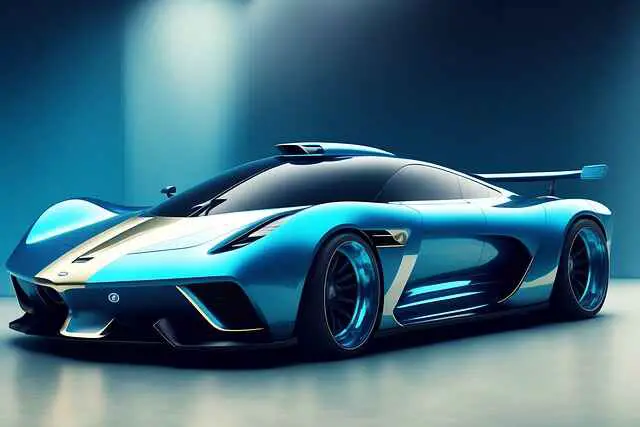Hello friends, I am Ritik, and today we will talk about electric vehicles. According to data, by the year 2030, around 70% of vehicles will be converted to EVs. This is also necessary according to many countries and companies because we are witnessing new disasters every day due to pollution. So, perhaps due to EVs, we may see a decrease in our carbon emissions in the future. However, research suggests otherwise. According to research from the Norwegian University, an electric car releases 13,608 kg of carbon before even hitting the road, due to its manufacturing process, which results in the loss of 36,000 lives each year. This means that the electric vehicle boom, which we and the government perceive as promoting green energy, is actually triggering greenhouse gas emissions.
But today, we won’t talk about that; we’ll discuss something else. Today’s main topic will be the new generation of electric vehicles, or rather, the new generation of vehicles. What I mentioned earlier was just to see your reactions because I know you’ll read it, react a little, and then move on. But let’s talk about whether a new era is really coming in the world of EVs.
The discussion is about Toyota. Toyota announced a year ago that they are working on cars that run on hydrogen and will release oxygen. It sounds a bit strange and funny, doesn’t it?
But it’s true. Finally, many of our dreams are about to come true because Toyota is working on a vehicle that won’t run on petrol or electricity but on hydrogen, and it will release oxygen. Do you understand what this means? The fuel for this car will be water. Just imagine, if water starts going into the fuel tank as Toyota claims, then almost all electric vehicle companies, including Elon Musk’s Tesla, which claims to make the most green EVs, will become obsolete.
The main reason behind this is that Toyota’s engine will be a highly eco-friendly combustion engine. In these Toyota cars, water will go into the fuel tank, and water will come out of the exhaust instead of carbon dioxide. The most amazing part is that these cars will generate as much power as any petrol or EV.
Now, the biggest question on all our minds is how exactly is Toyota going to make this engine water-friendly. Have they discovered some unique property of water that other giant companies have overlooked? We all know what happens when water gets into today’s petrol engines—if water gets in by mistake, the whole engine and tank get ruined. And as for electric engines, water shouldn’t get in at all, or else the situation would be even worse than with petrol engines.
We all know how big a name Elon Musk is in the electric vehicle industry, and today, Tesla sells the most EV cars. Many of us also think that Tesla set the trend for EVs. But that’s not true. Back in 1997, Toyota was the first to launch an electric hybrid car and brought EVs into the limelight.
So, what is the reason behind Toyota wanting to abandon the electric vehicle trend and set a new trend with water engines? Do Toyota’s leaders see a future that even Elon Musk’s visionary eyes can’t see? Well, if you try to understand Toyota’s mindset, you’ll see that they don’t want to follow the herd like other companies. Toyota wants to create a new trend, moving away from EVs and petrol engines, just as they have always done.
None of us know what the future holds, but with the rapid pace of technological advancement, we might soon witness a world that we have only seen in movies or imagined. As for the future of water engines and EVs, I don’t think we’ll be shifting from EVs to water engines anytime soon. However, only time will tell what will happen.

